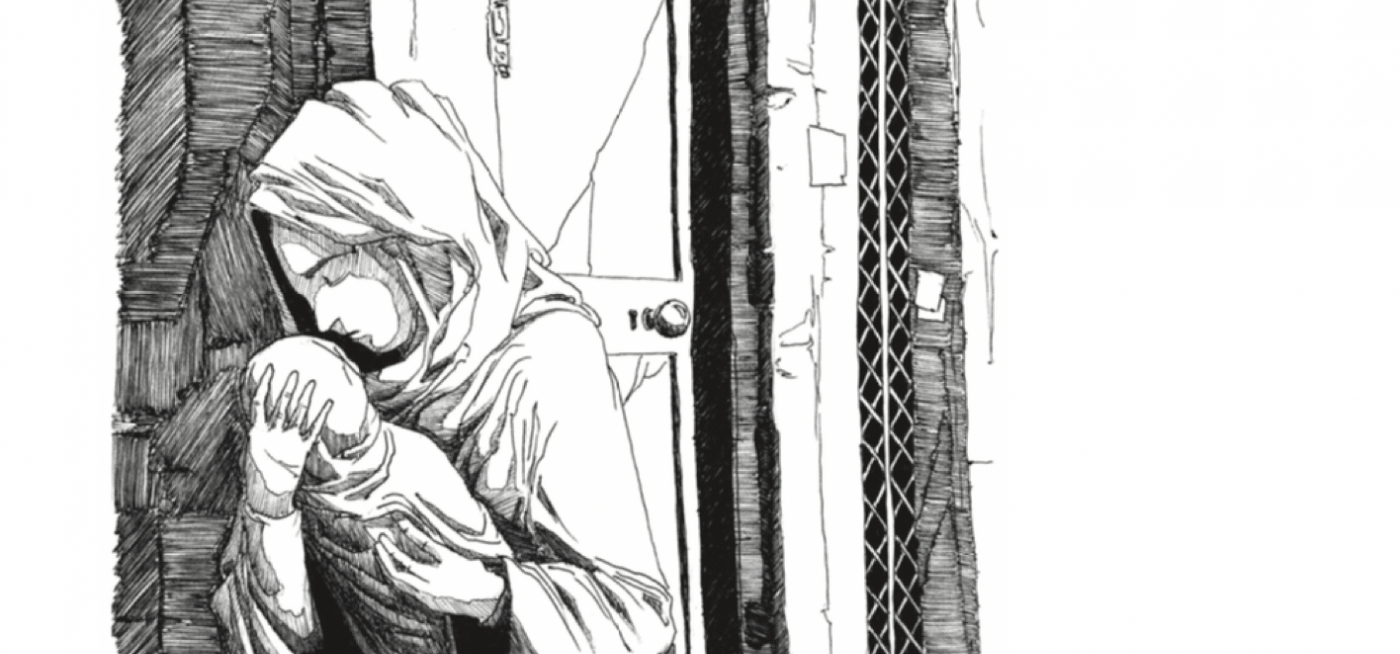Palestine: obstacles to health in Gaza
Published 9th January 2020
“Diana is a newborn baby and the last girl of the Al-Gazaoui family. She has an intolerance to breast milk.
The Minister of Health is not capable of offering her the therapeutic milk substitute she needs. The family attempts to buy one but due to the high price and limited demand, there isn’t enough and they can’t even pay for what they need.
After they run out of the milk substitute, Diana develops cardiac problems and her health deteriorates rapidly”.
Palestinians in Gaza have to face a maze of obstacles to access secondary health services outside the Gaza Strip.
Doctors of the World’s report, “The Labyrinths of Health in Gaza“, highlights that the current short-term humanitarian funding schemes directed to the health sector are not addressing the medium and longer-term development needs of a sector trapped in a protracted conflict.
After 12 years of blockade, and with the ongoing de-development of the Gaza economy, lack of drugs, equipment, and qualified medical resources are a daily reality of the healthcare sector.
The current situation is negatively driving the financial burden towards an unsustainable referral-based system, which is reaching its limits, with dire consequences for patients and the whole healthcare system. We encourage all actors involved to join forces to strengthen the humanitarian-development nexus and address very concrete challenges in improving the geographic distribution of health services. However, we stress that these development steps can only work if concrete political measures are taken at addressing the root causes: the blockade and the occupation of the Palestinian people.
Based on the real stories of Palestinians in Gaza, the report follows the fictional Al-Gazaoui family in its journey through the different obstacles Palestinians and the health system itself are facing on a daily basis. This includes showing how the current referral system is a substantial and complex component of the labyrinth to health. Through the examination of paediatrics, orthopaedics and oncology specialised health services, it also thorws light on other structural challenges such as the availability of drugs, equipment and specialised human resources.
